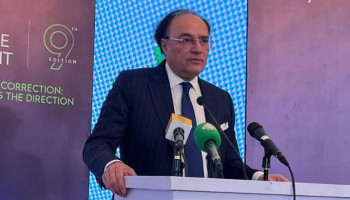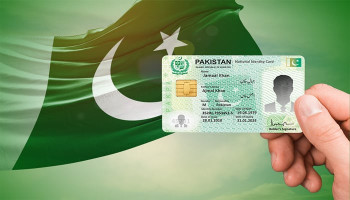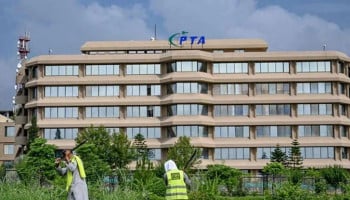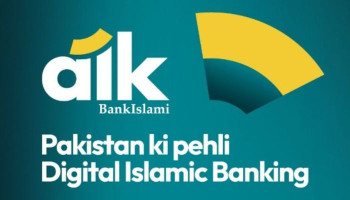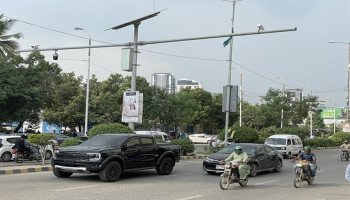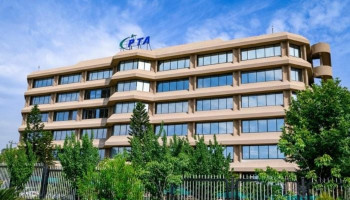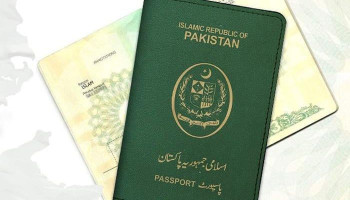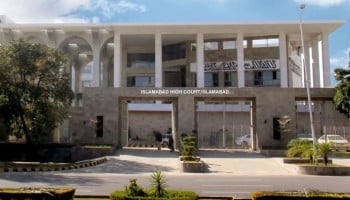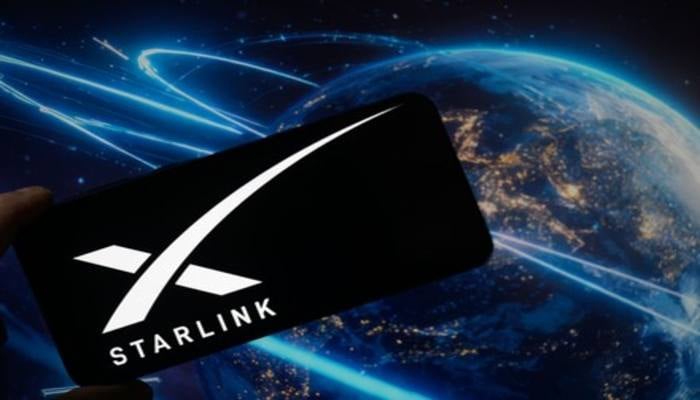
Elon Musk's satellite internet service, Starlink, has secured its largest direct-to-cell agreement with Veon, the parent company of Jazz, indicating an end to Pakistan's internet connectivity woes.
For those unversed, this innovative direct-to-cell technology enables smartphones to connect directly to satellite networks while improving connectivity in remote areas.
The partnership will allow the Jazz parent to integrate Starlink's services into its networks, commencing with Kyivstar in Ukraine and Beeline in Kazakhstan, and the possibility of the service coming to Pakistan in the future.
Kyivstar plans to launch the service in the fourth quarter of 2025, followed by Beeline in 2026. This agreement was announced during Kazakhstan's President Kassym-Jomart Tokayev's visit to Washington, Reuters reported.
Ilya Polshakov, Kyivstar's new business director, stated that this partnership signifies the largest customer base addressed by any such deal globally.
While the partnership is not exclusive and allows Veon to explore agreements with other satellite providers, the telecom giant is reportedly in talks with Amazon's Project Kuiper, AST SpaceMobile, and Eutelsat OneWeb for future collaborations.
Competitors like AST SpaceMobile and Amazon are advancing their satellite constellations, with commercial launches expected in 2026. Meanwhile, EchoStar has expanded its deal with SpaceX, selling additional airwave rights to Starlink for $2.6 billion, further broadening Musk's customer access.
The Musk-owned satellite internet provider is catering to more than 7 million users worldwide and operates more than 8,000 satellites, with 650 designated for direct-to-cell services.






